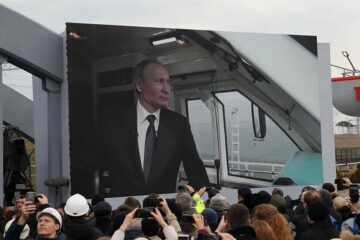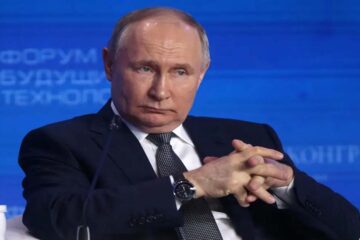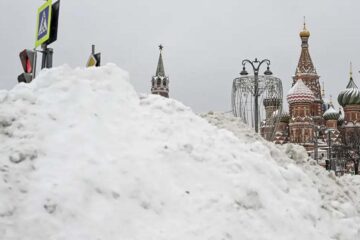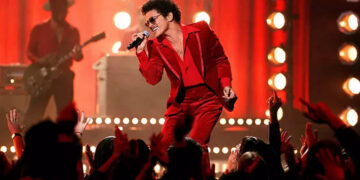Russia’s Economic Resilience to Sanctions

Russia’s ability to withstand economic sanctions has highlighted the challenges of isolating a large and interconnected economy, according to one economist’s analysis.
Lessons Learned
Elina Ribakova, writing in the Financial Times, emphasizes that attempts to isolate a complex and globally integrated economy like Russia’s are both costly and ultimately unachievable. Despite facing extensive sanctions over its involvement in the Ukraine conflict, Russia’s GDP grew by 3.6% in 2023, bouncing back from a 1.2% contraction the previous year. The International Monetary Fund predicts further growth of 2.6% in 2024.
Ribakova attributes Russia’s economic resilience to President Vladimir Putin’s preparations for sanctions dating back to 2014. Additionally, partnerships with countries like China have facilitated alternative payment systems, circumventing traditional channels like the SWIFT system. While cautioning that official Russian economic data should be approached carefully, Ribakova suggests that wartime spending has contributed to stabilizing the economy. Moreover, Western demand for Russian energy products has persisted, despite sanctions.
Implications for Future Sanctions
Ribakova believes there are significant lessons for the West to learn from its experience with Russia. Notably, as the possibility of imposing sanctions on China looms, policymakers must recognize the challenges of sanctioning another major global economy. Like Russia, China’s integration into global markets presents obstacles to effective isolation. Ribakova suggests that future sanctions strategies should be more targeted, with stronger penalties for evasion.
Impact of Secondary Sanctions
Recent developments indicate that secondary sanctions imposed by the US are having an impact. Chinese banks are increasingly cautious in their dealings with Russian entities, fearing repercussions from Western sanctions. Reports suggest that major Chinese banks have ceased processing payments from sanctioned Russian financial institutions. The Kremlin has acknowledged these challenges, with spokesperson Dmitry Peskov acknowledging ongoing discussions with Beijing to address them.













